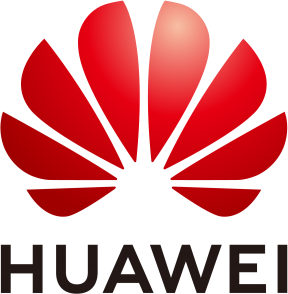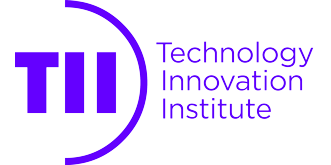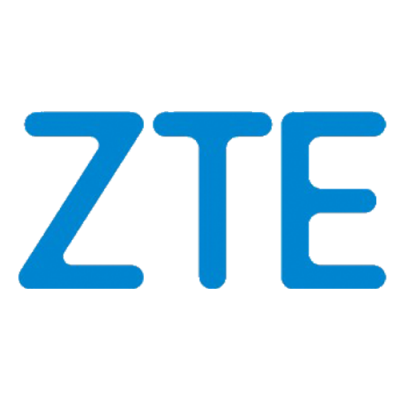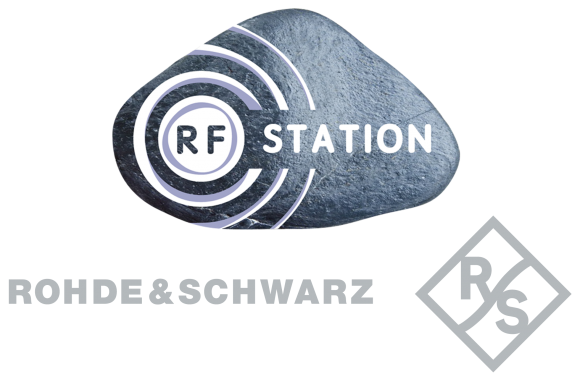With the evolution and integration of AI, big data, cloud computing, edge computing and other technologies, the future network will gradually move towards to support all kinds of applications and provide the ultimate experience. This requires the technologies converged innovations at the network architecture level. However, the complexity of the network architecture may lead to high operating expense, which in turn requires a lite architecture with autonomous operation and maintenance capabilities. Therefore, facing the needs of 6G development, the next generation network will face to the great challenge to find the balance between the convergence of new technologies and the lean, intelligent and automated architecture.
Worksohp Committee Members
General Chair:
Ping Zhang, Beijing University of Posts and Telecommunications, China
Jiangzhou Wang, University of Kent, UK
Guangyi Liu, China Mobile Research Institute, China
Co-Chair:
Rongpeng Li, Zhejiang University, China
Chengchao Liang, Chongqing University of Posts and Telecommunications, China
Fei Wang, Huawei Technologies Corporation, China
Shaohui Sun, China Academy of Telecommunications Technology, China
Xiangyang Duan, ZTE Corporation, China
Guangyi Liu, China Mobile Research Institute, China
TPC Co-Chair:
Honggang Zhang, Zhejiang Lab, China
Yongdong Zhu, Zhejiang Lab, China
Weiting Zhang, Beijing Jiao Tong University, China
Juan Deng,China Mobile Research Institute, China
Topics of interest (including, but not limited to)
- AI models and algorithms for 6G
- Cloud RAN, Open RAN and Service-based RAN
- Concept, architectures, theories, and design paradigm shift for 6G
- Energy-efficiency and green operation for 6G
- Intent-Based Networking concepts, enabling techniques, architectures and frameworks
- Lean network protocols and technologies
- Modeling, performance analysis and optimization of Native-AI and digital twin for 6G
- Native-AI and digital twin network and key technologies
- Network architectures and protocols for semantic communications
- New Quality of Service (QoS) metrics for 6G.
- Novel transmission technologies for 6G
- Resource allocation/management and QoS/QoE improvement for 6G
- Simulators, prototyping and implementations for 6G
Important Dates
Paper Submission Deadline: 15 July 2023 12 Aug, 2023
Paper Acceptance Notification: 1 September 2023
Paper Camera-Ready: 1 October 2023
Paper submission: https://edas.info/newPaper.php?c=31196&track=119005














